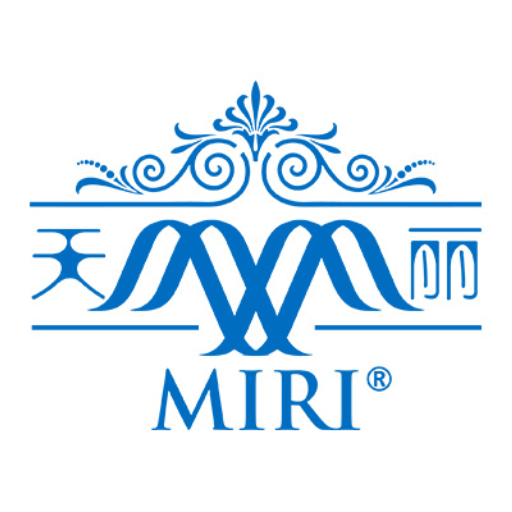Navigating Menopause with Confidence: A Holistic Approach to Midlife Wellness
Menopause marks a significant transition in a woman’s life, often accompanied by a range of physical and emotional changes. While this natural biological process is inevitable, how we experience and navigate through it can vary greatly. Understanding what’s happening to your body and mind during this phase can empower you to approach menopause with confidence and grace rather than anxiety.
Menopause typically occurs between the ages of 45-55, when a woman’s ovaries gradually stop producing eggs and hormone levels, particularly estrogen, decline. This transition usually happens gradually, beginning with perimenopause where hormonal fluctuations can cause irregular periods and early symptoms, followed by menopause itself—defined as 12 consecutive months without a menstrual period.
Understanding Common Menopausal Symptoms
The hormonal shifts during menopause can trigger a variety of symptoms that affect different aspects of wellbeing. Hot flashes and night sweats are among the most well-known complaints, affecting up to 75% of women. These sudden feelings of heat can be accompanied by flushing and sweating, often disrupting sleep and daily activities.
Other physical symptoms may include vaginal dryness, which can cause discomfort during intercourse, and changes in sexual desire. Many women also experience changes in their skin, hair, and nails due to declining collagen production. As mentioned in our post on Collagen and Youthful Skin, maintaining adequate collagen levels becomes increasingly important during menopause to support skin elasticity and joint health.
Emotional and Cognitive Changes
Beyond physical symptoms, menopause can bring emotional and cognitive challenges. Mood swings, irritability, anxiety, and even feelings of sadness are common as hormones fluctuate. Many women also report “brain fog”—difficulty concentrating, memory lapses, and trouble finding words. These changes are normal but can be managed with the right strategies.
Understanding these emotional shifts is crucial. Our previous article, Menopause and Emotional Wellbeing, explores how to navigate these psychological aspects of menopause with self-compassion and effective coping mechanisms.
Natural Approaches to Menopausal Wellness
Lifestyle modifications form the foundation of managing menopausal symptoms effectively. Regular physical activity, particularly a combination of cardiovascular exercise, strength training, and mind-body practices like yoga or tai chi, can help alleviate many symptoms. Exercise improves mood, sleep quality, bone density, and may reduce the frequency and intensity of hot flashes.
Dietary adjustments also play a crucial role during menopause. Increasing intake of phytoestrogens—plant compounds that mimic estrogen—can provide relief from certain symptoms. Soy products, flaxseeds, and legumes are excellent sources. Additionally, bone health becomes a priority during menopause due to increased osteoporosis risk. Calcium and vitamin D-rich foods, along with weight-bearing exercises, are essential for maintaining bone density.
For those experiencing more significant symptoms, targeted supplementation can be beneficial. Our Miri Feminine Essence is specifically formulated to support menopause relief, hormone balance, and breast firmness while enhancing mood and overall female vitality.
Addressing Skin and Joint Changes
The decline in estrogen during menopause accelerates skin aging, reducing collagen production and leading to thinner, drier skin. Incorporating collagen supplementation can help maintain skin elasticity and hydration. The Miri Collagen Protein not only supports skin health but also strengthens hair, nails, and joints, addressing multiple concerns that arise during menopause.
As we discussed in Collagen and Hormonal Harmony, this essential protein plays a vital role in maintaining structural integrity throughout the body, becoming especially important during hormonal transitions.
Cultivating a Positive Menopause Experience
How you approach menopause significantly impacts your experience. Rather than viewing it solely as an ending, consider it as a transition that offers new opportunities for self-discovery and growth. Many women report feeling more confident, self-assured, and liberated during their postmenopausal years, free from menstrual concerns and pregnancy worries.
Building a strong support network is invaluable during this transition. Connecting with other women who understand what you’re experiencing—whether through friends, family, or support groups—can provide emotional validation and practical advice. Don’t hesitate to seek professional help if symptoms become overwhelming, as healthcare providers can offer various treatment options tailored to your individual needs.
Remember that menopause is a natural phase of life, not a medical condition that needs to be “fixed.” By approaching it with knowledge, self-compassion, and proactive care, you can navigate this transition with confidence and emerge with a renewed sense of vitality and wellbeing.
